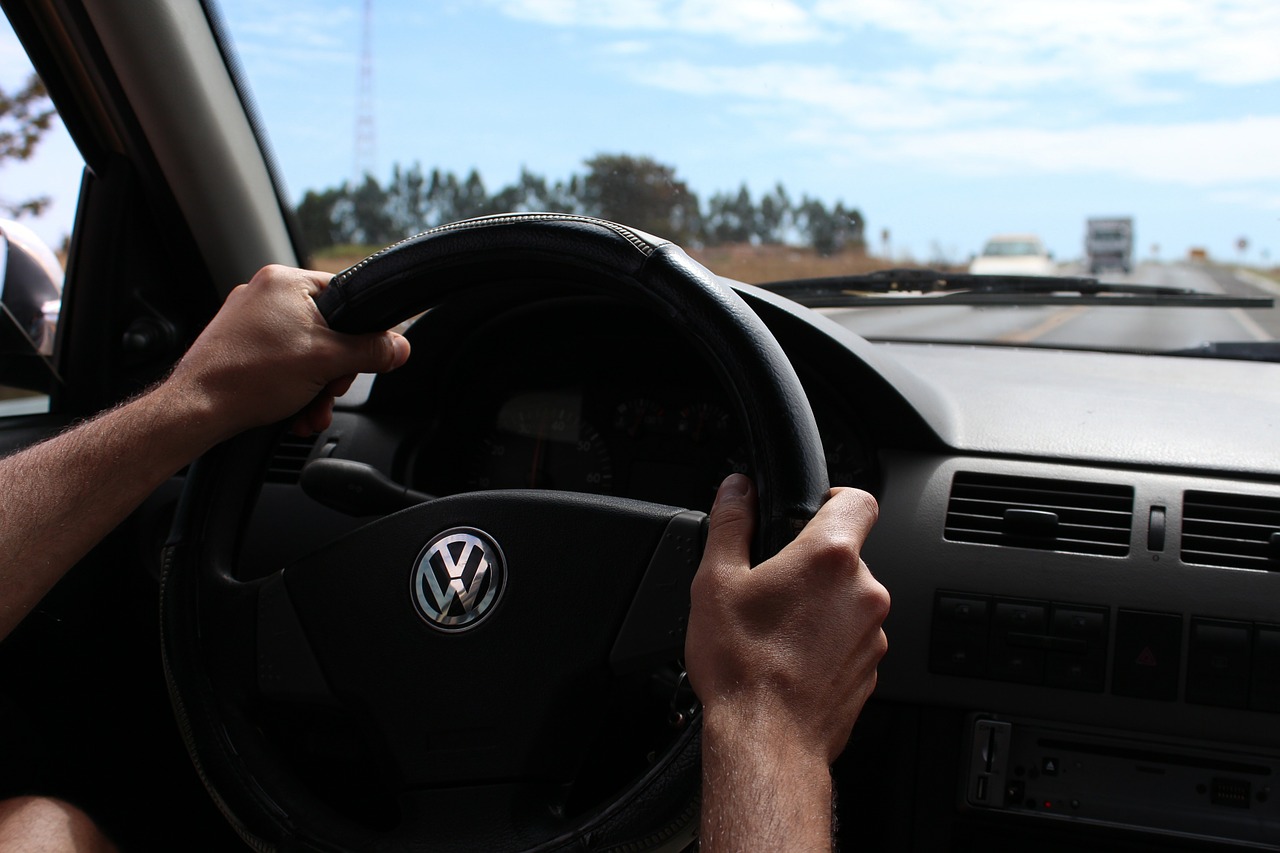On June 3, 2013, the U.S. Supreme Court held in Maryland v. King that police may collect your DNA sample following an arrest even if you are not later convicted of a crime. The high court ruled that when police make an arrest supported by probable cause and detain a suspect in custody, they may take a “swab” from your body and acquire your DNA .
Advocates of the majority’s ruling are touting this decision as a victory for the justice system.
“Taking DNA samples from those arrested for serious crimes helps law enforcement solve crimes and makes us all safer,” said Santa Clara District Attorney Jeff Rosen.
“The justices recognized that DNA is basically similar and analogous to fingerprinting, and as such, is not something that should be prohibited,” explained Los Angeles Deputy District Attorney Roberta Schwartz.
Unfortunately, the Supreme Court’s ruling does not make us safer. Instead, this decision paves the way for massive violations of our Fourth Amendment protection against unreasonable search and seizure.
Maryland v. King
In 2009, defendant Alonzo King was arrested on first and second degree assault charges. After he was detained in custody, booking personnel used a cheek swab to collect his DNA pursuant to the Maryland DNA Collection Act. The DNA was matched to an unsolved 2003 rape and King was charged with that crime as well. After being sentenced to life imprisonment for the 2003 rape, King moved to suppress the DNA match arguing that the Act violated the Fourth Amendment. The Maryland Court of Appeals set aside the conviction for rape finding that the Act authorizing DNA collection from felony arrestees was unconstitutional.
The Supreme Court’s decision to uphold the DNA collection procedure means that King will serve a life sentence for his alleged involvement in this now decade-old crime.
However, the Supreme Court’s ruling in King will affect many more Americans than just Alonzo King. Signaling the rise of a “Big Brother” state, this decision sets the stage for more attacks on our Fourth Amendment rights.
What impact does the Supreme Court’s decision in King have on you?
The U.S. Supreme Court’s decision in King comes as an abrupt change on the heels of the California Supreme Court’s ruling in People v. Buza. In 2011, our firm closely followed the proceedings in Buza and discussed the implications of the Court’s decision in a previous blog. In Buza, the state appellate court held that police may not collect a person’s DNA following an arrest for a felony offense, as this practice was deemed an “unreasonable search and seizure” in violation of the Fourth Amendment.
It is not just our opinion that this DNA collection procedure is a clear violation of the Fourth Amendment protection against unreasonable search and seizure. Justice Antonin Scalia, arguably the most conservative U.S. Supreme Court justice, broke from his fellow justices in order to deliver a strong dissent to the majority’s decision in King.
Justice Scalia explained that “your DNA can be taken and entered into a national database if you are ever arrested, rightly or wrongly, and for whatever reason.” In other words, the government may have access to your DNA following a wrongful arrest for a crime that you did not commit. As a result, your DNA may be matched at any time to any unsolved crime.
He warns that this decision clears the way for suspicionless searches. “Searching every lawfully stopped car might turn up information about unsolved crimes the driver had committed, but no one would say that such a search was aimed at identifying him, and no court would hold such a search lawful.” In essence, this decision permits law enforcement to “fish” for suspects without the required probable cause.
Furthermore, the DNA collection procedure may help to solve unsolved crimes, but comes at too high of a cost. “Solving unsolved crimes is a noble objective, but it occupies a lower place in the American pantheon of noble objectives than the protection of our people from suspicionless law-enforcement searches,” claimed Justice Scalia. We should not be forced to sacrifice our Fourth Amendment protection against unreasonable search and seizure in order to assist law enforcement to solve unsolved crimes.
It is also worrisome to consider how far the King decision may be extended. “Today’s judgment will, to be sure, have the beneficial effect of solving more crimes; then again, so would taking of DNA samples from anyone who flies on an airplane, applies for a driver’s license, or attends a public school,” said Justice Scalia. Would you want your child to have his or her DNA taken on the first day of school?
Justice Scalia concluded his well-reasoned dissent by considering the intentions of our nation’s Founding Fathers. “But I doubt that the proud men who wrote the charter of our liberties would have been so eager to open their mouths to royal inspection,” he said.
Our law firm rarely agrees with Justice Scalia. However, today is that day. Anyone who cares about individual freedoms should remember this day. This court ruling gives law enforcement certain powers that they were never intended to have.
What can Wallin & Klarich do for you?
If you are confronted with accusations of a crime, you need to contact the f you are confronted with accusations of a crime, you need to contact the today. The skilled criminal defense attorneys at Wallin & Klarich have over 30 years of experience successfully defending those accused of crimes. We will fight for your freedom through every step of the process.
Our offices are located in Orange County, Los Angeles, San Diego, Ventura, West Covina, Torrance, Riverside, Victorville, San Bernardino, and Sherman Oaks. Give us a call today at (877) 4-NO-JAIL or (877) 466-5245.


